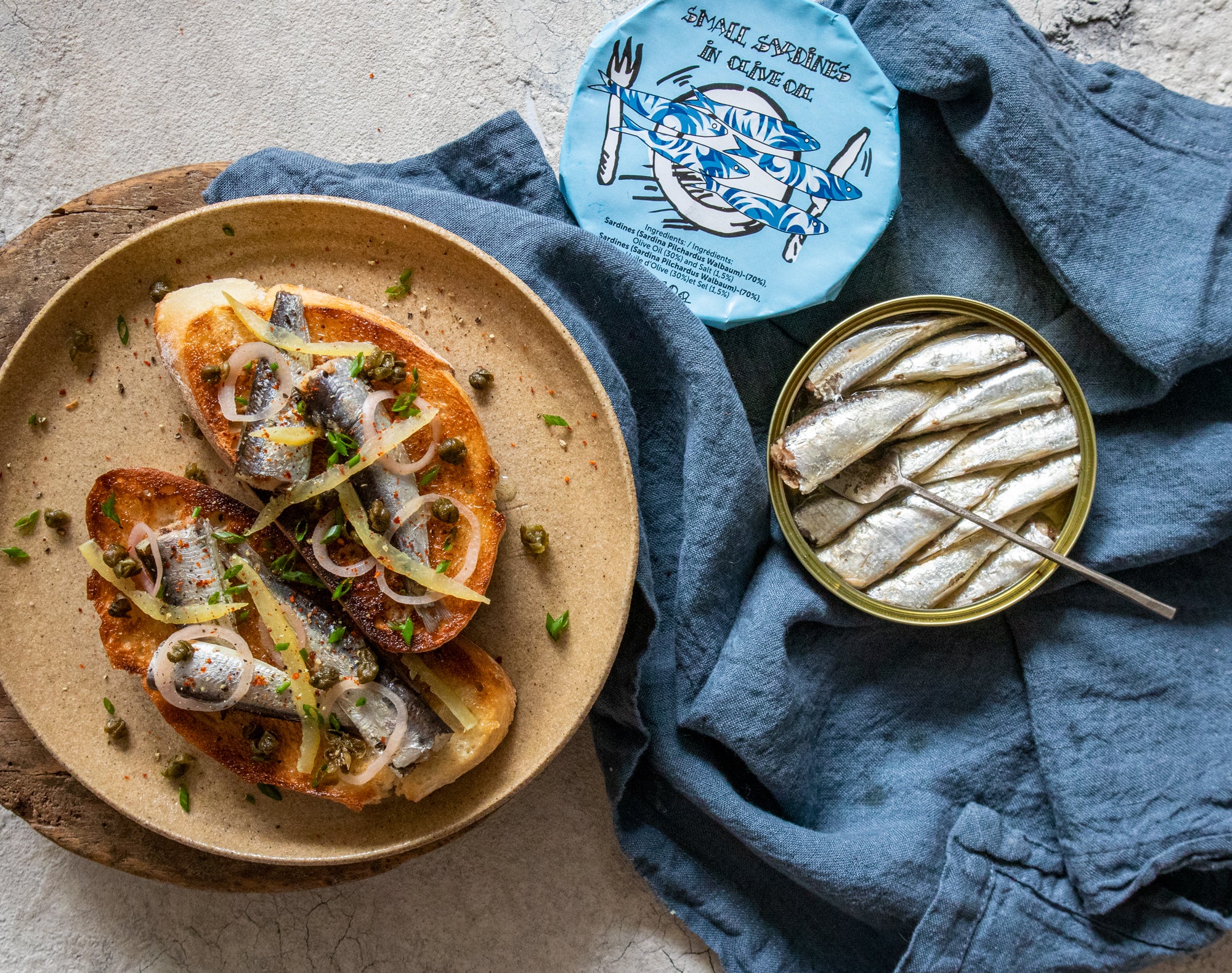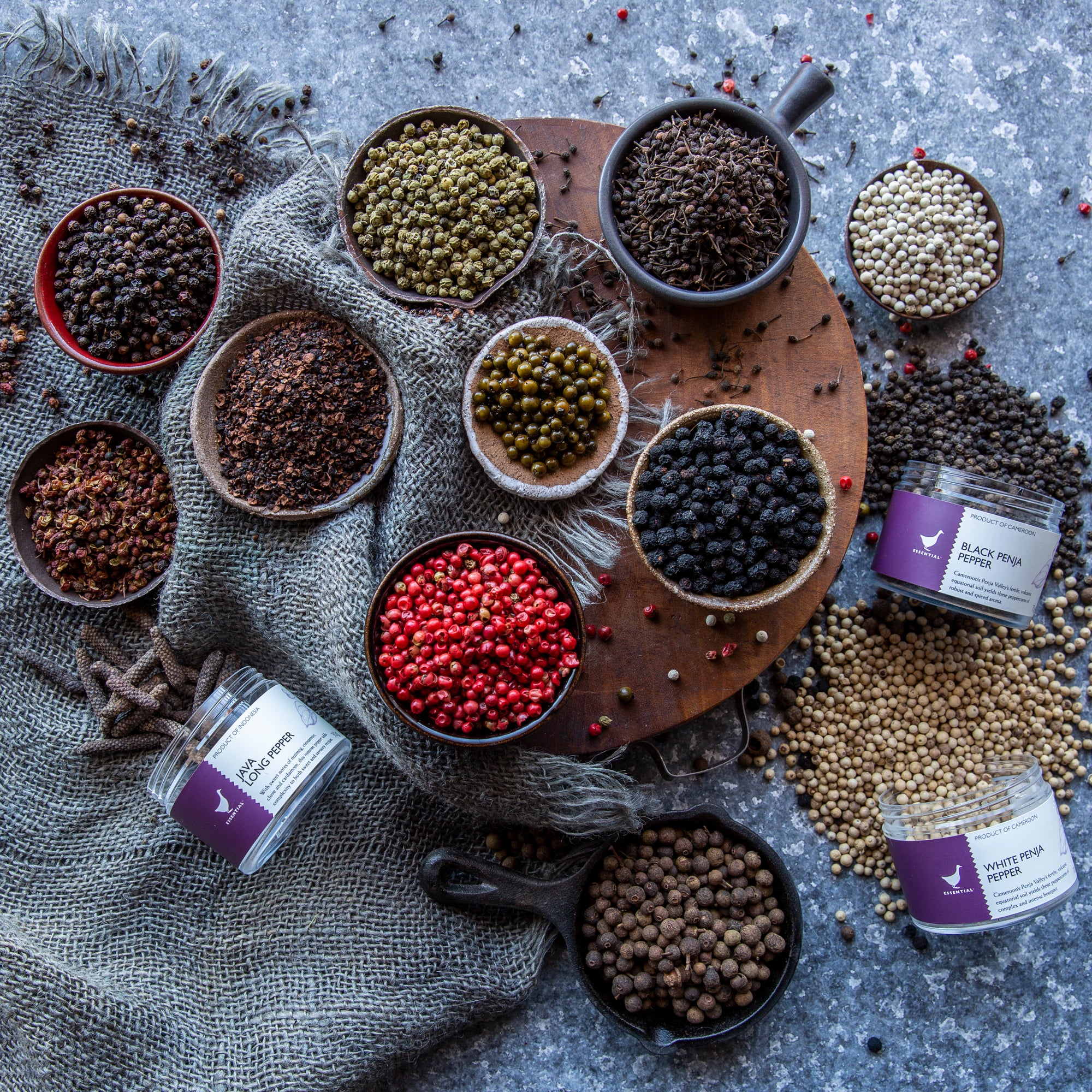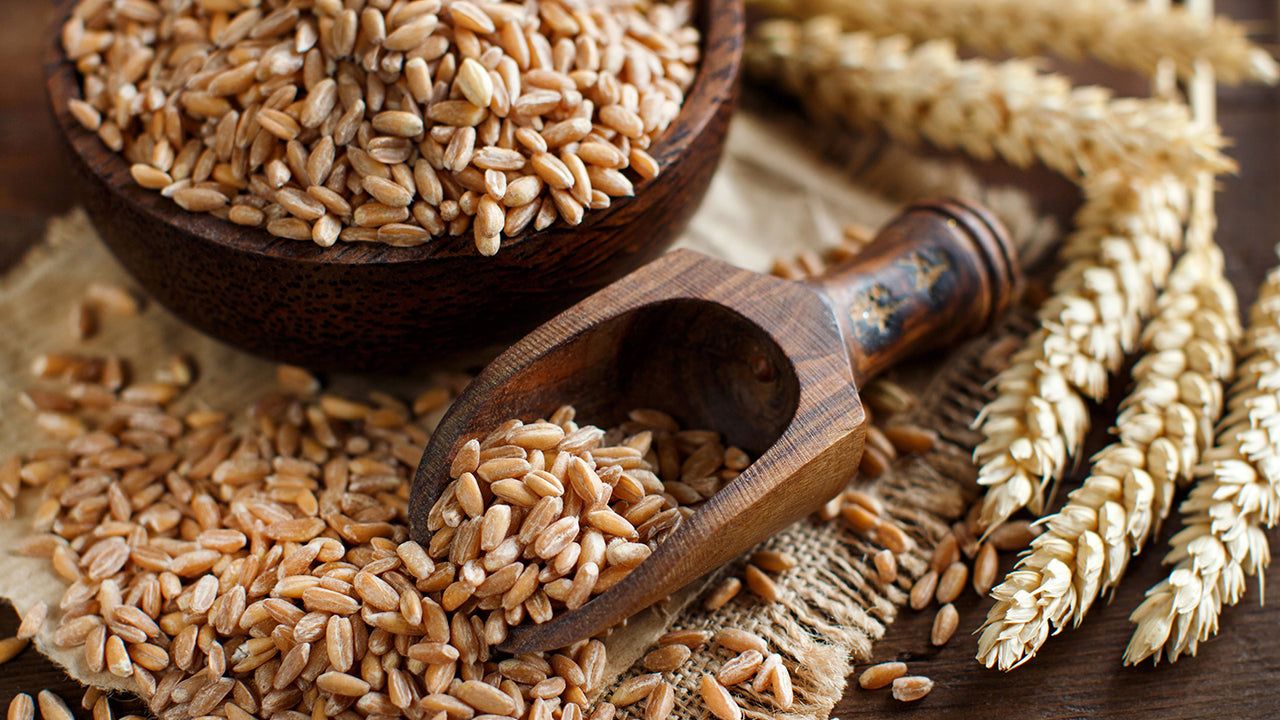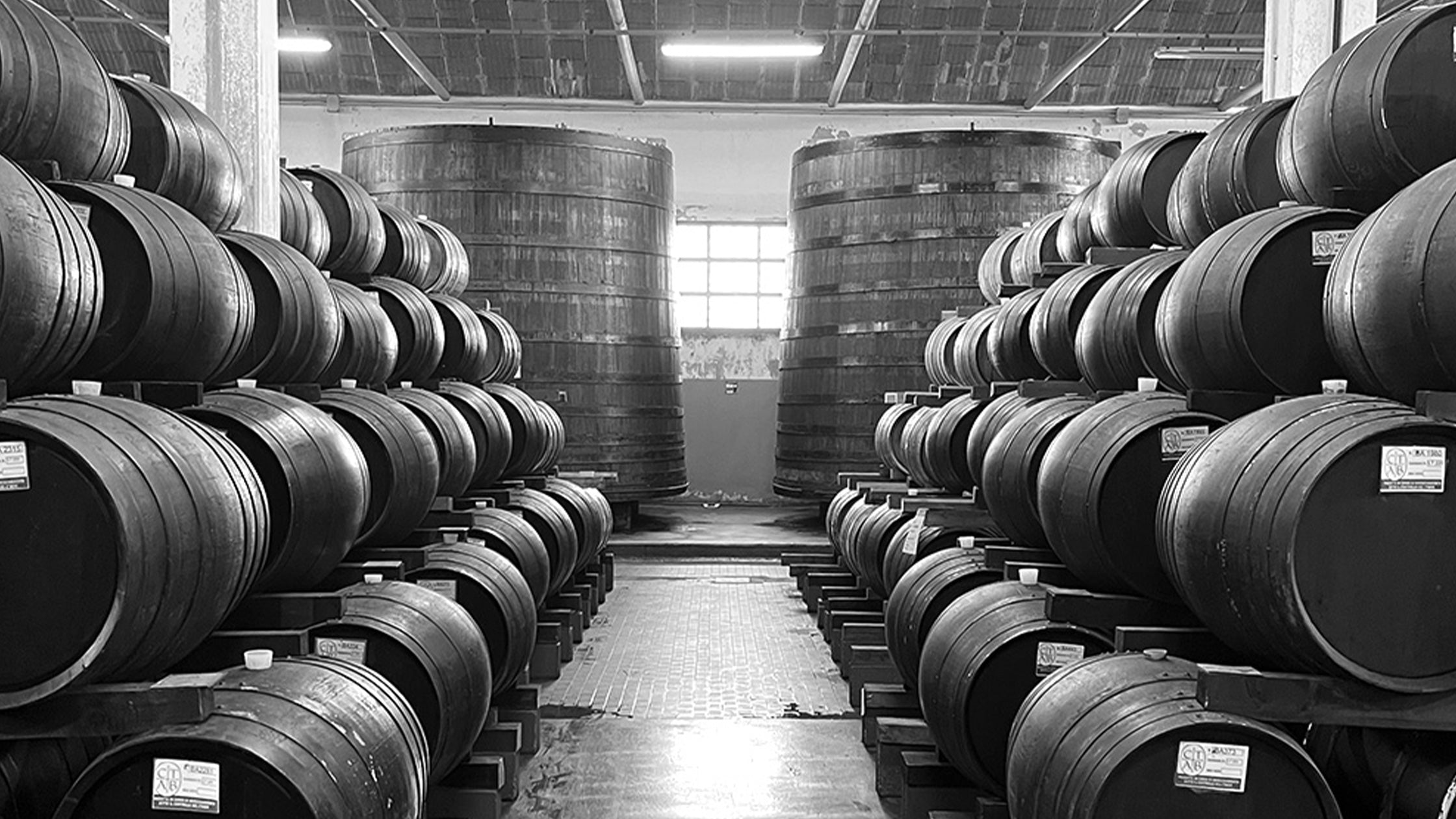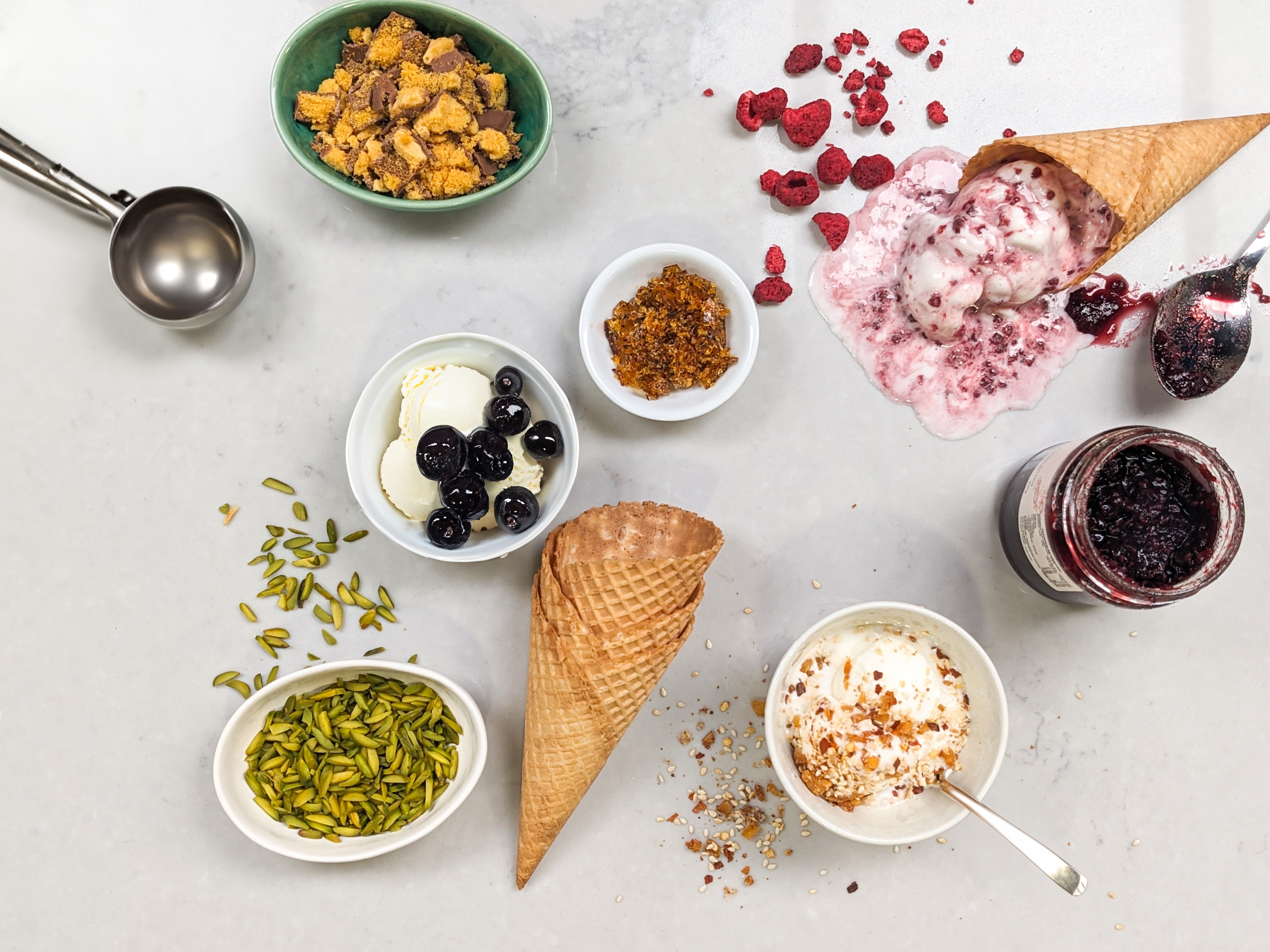
Knife Care Matters
Last updatedA blunt knife is a pain to use and can also be an extremely dangerous piece of kitchen equipment. Keeping your knives sharp will keep kitchen frustration to a minimum and allow precise cuts no matter the size of the job. If you want to maintain the sharpest edge on your kitchen knife we have some tips on knife care that you can take advantage of.
Timber boards are kind to your knives
A timber cutting board is your knife’s best friend, because wood fibres are able to part around you knife’s blade which reduces friction and catching. Plastic cutting boards also part beneath your blade, but the more you cut on them the more they part leaving cavities for food and germs to collect in. Conversely many timbers are naturally antibacterial, but we do still recommend the old wash in hot soapy water.
Note: We are often asked in store whether we sell marble or glass cutting boards. We’re sorry to say that while these materials look sleek and beautiful in your kitchen there is no such thing as a glass, marble or any other stone or ceramic cutting board. Using your knives on these surfaces is like dragging them across a freeway.
Keep knives away from other utensils (especially other knives)
Have you ever been to a holiday home and struggled through dinner prep with a knife you found in the second draw down? Was it terribly blunt? Did you curse its existence? You’re not alone! Nothing makes a sharp knife go blunt like contact with other metal objects, especially when its knife on knife action. Give your quality blades a special home in your kitchen like a draw with dividers or better still a knife block. There are other alternatives for the truly devoted like leather knife cases or magnetic knife racks you can mount on the wall.
Dishwashers make your kitchen knives sad
Knives are made from steel. Sharp knives have very fine blades. Dish washing detergent is made from harsh astringent chemicals designed to get your dishes squeaky clean. Harsh astringent chemicals + fine steel blades = corrosion. Basically your dishwasher is slowly eating away at your blades, so when you can you should hand wash them as much as possible.
Kitchen knives are not box cutters or screwdrivers
You may think the above is a blindingly obvious statement, but many people around you think a knife is some kind of amazing utility tool that can be deployed for every task from opening a tin of paint to cutting through garden hose. Your knives are for cutting food and food alone. Make sure others know this too.
Never twist your blades unless they are made to twist
With the exception of boning and filleting knives, kitchen knives are not generally designed to twist or bend. Doing this places stress on the steel and increases the risk of your knife snapping while you are using it. Twisting and bending can be avoided by using a knife of an appropriate length for the job. You should also avoid dropping your knives as the impact with a hard kitchen floor will weaken the blade.
Don’t know how to sharpen a knife? Seek professional help!
We get it, the thought of sharpening your own knives is a romantic notion, but if you don’t know how to do it…then don't! Having your knives professionally sharpened once a year will keep them in tiptop shape and will help you avoid the dreaded curved blade of overzealous home sharpening. Most of our stores have a sharpening service, find your nearest store to enquire.
But…
If you are feeling confident there are several different products you can use for knife sharpening at home:
Whetstone – a composite stone of fine ceramic particles that gently sharpens your blade. These stones are often dual sided with a coarse grain on one side to bring the blade back to a smooth consistent finish, and a fine grain to create a super sharp cutting edge.
Honing Steel – made of hardened aluminium, carbon steel or ceramic material, a honing steel generally does not sharpen your knife, but gently pushed back any microscopic flecks of steel that are causing your knife to catch in whatever you are cooking. Ceramic steels are a bit like a combination of a whetstone and a traditional honing steel. The fine grit of the ceramic consistently sheers away rough edges on the blade giving you a refreshed cutting edge.
Pull through knife sharpeners – not all of pull-through knife sharpeners are created equal. Investing in a quality pull-through sharpener will ensure you end up with sharpened rather than damaged blades. If you have Japanese knives you will want to ensure that the sharpening mechanisms in your pull-through are suited to your knives. This will usually be indicated on the product packaging, but if not you want to look for entirely ceramic sharpening mechanisms.
Now that you know a little bit more about knife care you should be able to get a lot more mileage out of your kitchen knives. Any knife no matter the price tag will perform better with a little TLC and make your meal prep that much easier.

